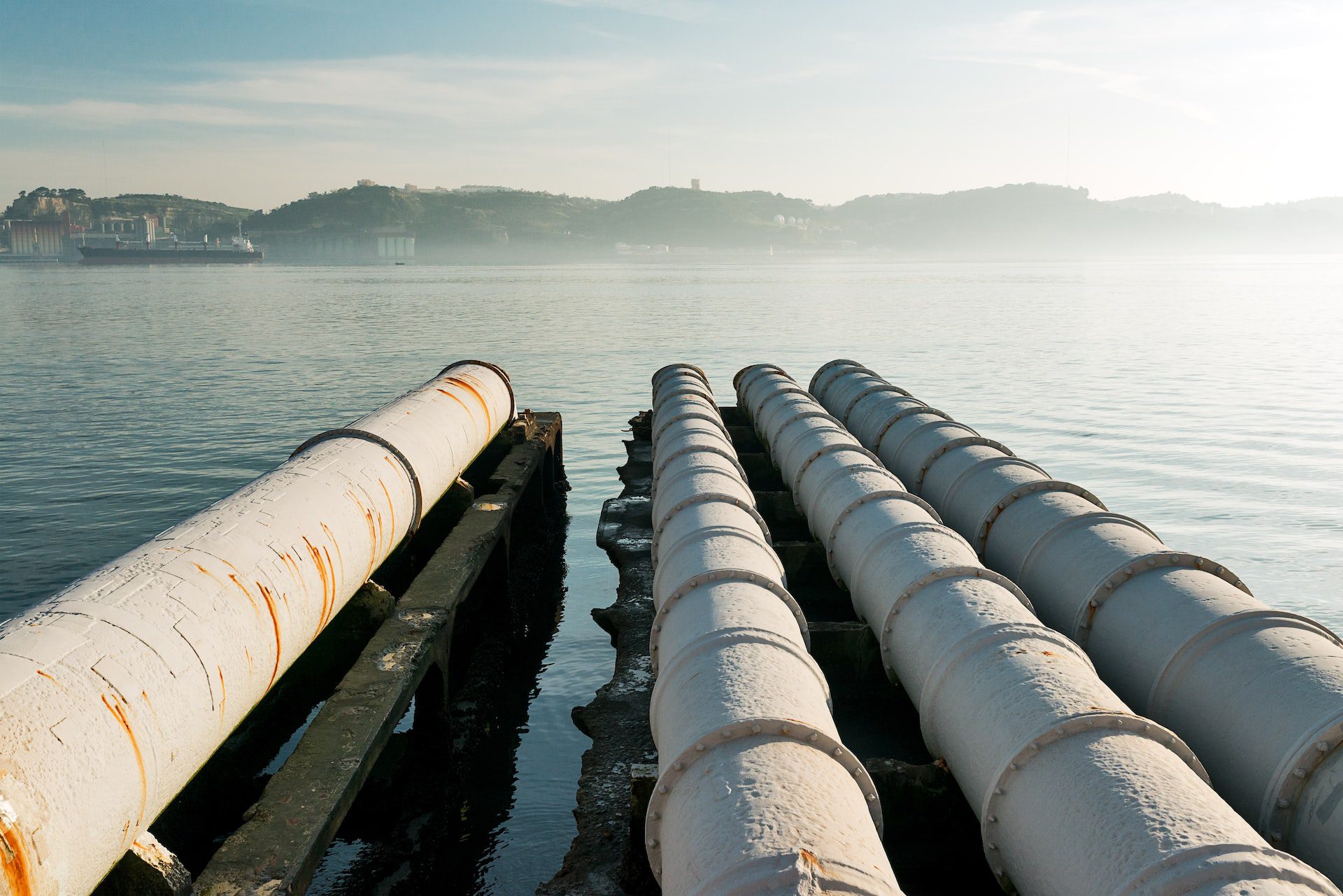
As the European Union heads into serious talks about addressing the block’s energy crisis, one proposal already appears to be off the table.
Both France and the EU Commission have almost absolutely rejected MidCat, a proposed gas pipeline intended to cut across the Spanish Pyrenees and through France in order to reach central Europe.
The on-again-off-again pipeline proposal was first brought forward in 2013 to diversify central Europe’s natural gas imports since the Iberian Peninsula largely sources natural gas from Africa. With its miles of coast, Spain and Portugal are also well positioned to import liquid natural gas by ship, which could then be re-gasified and sent on to the rest of Europe through a pipeline. Portugal and Spain already have half of the EU’s regasification plants.
In 2015, the proposed pipeline received EU funding for preliminary feasibility studies, but in 2019, France declared it not financially viable. Spain believed France’s motive in opposing the project was ultimately protectionist, similar to its initial opposition to Spain joining the EU due to competition in the agricultural sector.
In 2022, Russia’s invasion of Ukraine in February revived talk of the pipeline, spurred on by Spain, Portugal, and Germany. France has once again put up opposition that appears to have brought serious discussions of the pipeline and any possible construction to an end.
Following talks with German Chancellor Olaf Scholz, French President Emanuel Macron stated in a press conference on Monday, September 5th, that MidCat “will not solve the European gas problem. It is false, it is factually false.” Still, he said he was “willing to hear my colleagues give me other facts that would convince me otherwise.”
His colleagues, within the EU Commission at least, seem to have taken the French side.
“It is not on the list of projects of common interest [of the EU],” the Commission’s energy spokesman, Tim McPhie, said on Tuesday, recalling that the European Green Deal does not support financing projects related to natural gas, prioritising instead hydrogen.
The week before, though, the Commission had hinted at making an exception for an Iberian-Franco pipeline, considering the conflict with Russia.
“We have decided not to finance gas pipelines, but to concentrate on electricity, but in the current situation poor connections have been identified and we have studied what is needed to connect them,” Deputy Director General for Energy, Mechthild Wörsdörfer had told the EU parliament.
On Tuesday, September 6th, McPhie deflected responsibility for deplatforming the pipeline’s consideration from the Commission, saying that member states were free to propose projects but that France and Spain would have to agree to the pipeline before the EU could consider financing the project.
In Madrid, Spain’s ecological transition minister, Teresa Ribera, remained hopeful of gathering wider support for the project, despite France’s hesitancy. Upcoming energy meetings in Brussels will be her chance to push the project over French opposition.
